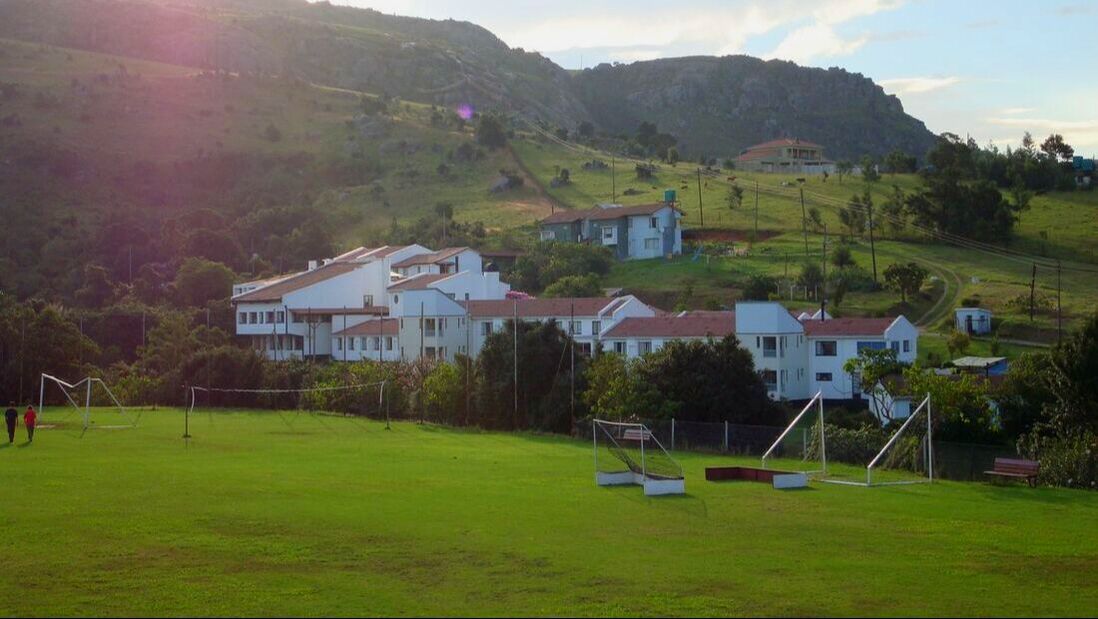UWCSA Waterford
Waterford Kamhlaba UWC of Southern Africa was founded in 1963 as a response to the separate and unequal educational systems in South Africa. The property on which the School is situated was originally a farm called "Waterford Park Estate". When His Majesty King Sobhuza II, the former Ngwenyama of Eswatini (formerly Swaziland), visited the school in 1967, he gave it the name "Kamhlaba", by which he meant both "of the world", a world in miniature, and also that we are "of the earth" and therefore without distinctions such as race or religion. Differently to all the other UWC schools and colleges, the academic year at Waterford Kamhlaba runs from January to November.
Over it’s nearly 55 year history, Waterford straddles two distinct but complimentary identities. Established at the height of apartheid racism and injustice, the school rose phoenix like as a beacon of hope heralding a future of peace and diversity in this conflict ridden region. Its prophetic identity was enhanced by our acceptance as the 4th United World College in the world based on the philosophy of German educationist Kurt Hahn, UWC follows a mission of deliberate diversity aiming as its mission states to “make education a force to unite people, nations and cultures for peace and a sustainable future”.
As it navigates the vagaries of international development the college remains true to its founding vision, a school committed to the achievement of the UWC mission producing graduates who will play a significant role in the African Renaissance due to the high quality education that has been and is the hallmark of this great institution.
IMAGE CITATION
Over it’s nearly 55 year history, Waterford straddles two distinct but complimentary identities. Established at the height of apartheid racism and injustice, the school rose phoenix like as a beacon of hope heralding a future of peace and diversity in this conflict ridden region. Its prophetic identity was enhanced by our acceptance as the 4th United World College in the world based on the philosophy of German educationist Kurt Hahn, UWC follows a mission of deliberate diversity aiming as its mission states to “make education a force to unite people, nations and cultures for peace and a sustainable future”.
As it navigates the vagaries of international development the college remains true to its founding vision, a school committed to the achievement of the UWC mission producing graduates who will play a significant role in the African Renaissance due to the high quality education that has been and is the hallmark of this great institution.
IMAGE CITATION

